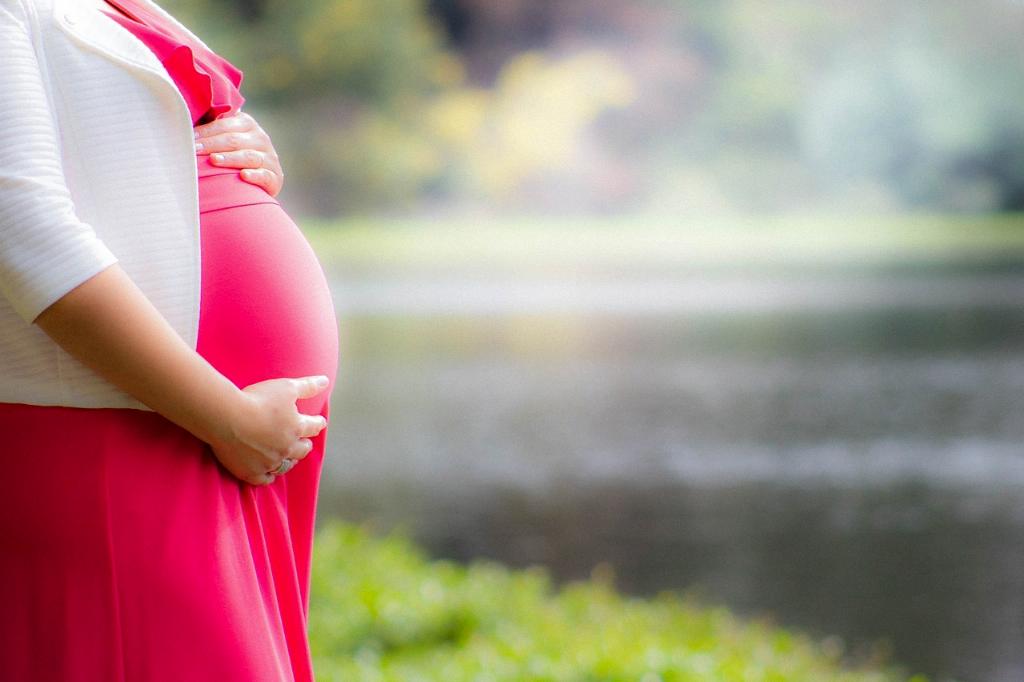When it comes to the timing of pregnancy tests after ovulation, there is a window of opportunity that can vary for each woman. Understanding the science behind this can help you navigate the potentially anxious period of waiting to find out if you are expecting.
One crucial factor to consider is that trace levels of hCG, the hormone detected by pregnancy tests, can be present in your body as early as eight days post-ovulation. This means that you could potentially receive positive results several days before your anticipated period start date.
While early testing can provide quick insights, it’s essential to remember that the first part of your menstrual cycle is generally more unpredictable than the latter half. This variability in cycle length can make it challenging to pinpoint the ideal time for an early pregnancy test.
For those who are keen to detect a pregnancy as soon as possible, it’s crucial to understand the concept of implantation. After fertilization, the embryo must implant into the uterine lining before hCG production begins. This process typically occurs around 6-12 days post-ovulation, influencing when hCG levels become detectable.
Factors such as the accuracy of the pregnancy test and the sensitivity to hCG levels also play a role in determining the timing of a positive result. Different tests have varying levels of sensitivity, with some capable of detecting lower hCG concentrations earlier than others.
It’s important to keep in mind that individual variations in hormone production and implantation timing can further complicate the prediction of when a positive pregnancy test will appear. Factors like stress, medications, and underlying health conditions can also influence these variables.
Given the complexities involved, it’s common for women to experience a mix of emotions while waiting to take a pregnancy test. The anticipation and uncertainty during this period can be overwhelming, underscoring the significance of emotional support and self-care practices.
While early testing may offer quick gratification or relief, it’s essential to strike a balance between optimism and preparedness for various outcomes. Understanding the nuances of hormonal changes in early pregnancy can help you interpret test results and manage expectations effectively.
Consulting with a healthcare provider can provide additional clarity and guidance on the best approach to testing and monitoring your reproductive health. Their expertise can shed light on individualized factors that may impact the timing and accuracy of pregnancy tests.
Remember that the journey to parenthood is unique for each individual or couple, and the timing of a positive pregnancy test is just one aspect of this intricate process. Embracing patience and maintaining a proactive approach to your reproductive health can empower you on this transformative path.
In conclusion, while the potential for early detection exists, the timing of a positive pregnancy test after ovulation can vary depending on a multitude of factors. Navigating this period with awareness, resilience, and support can contribute to a more informed and empowered experience.

